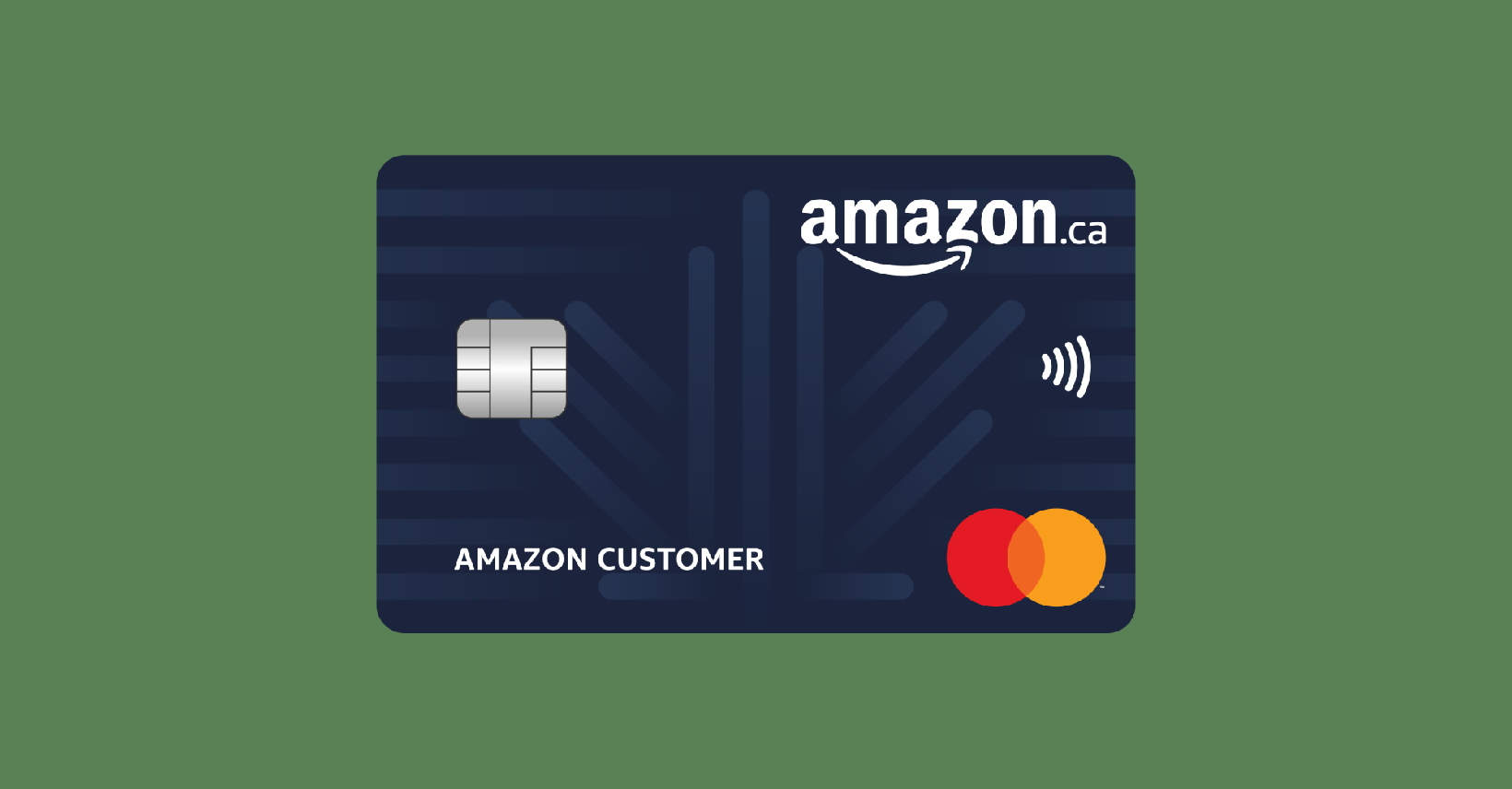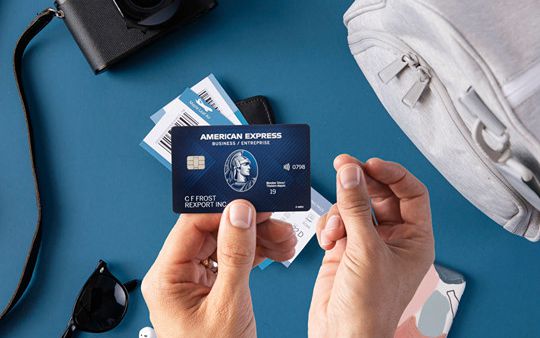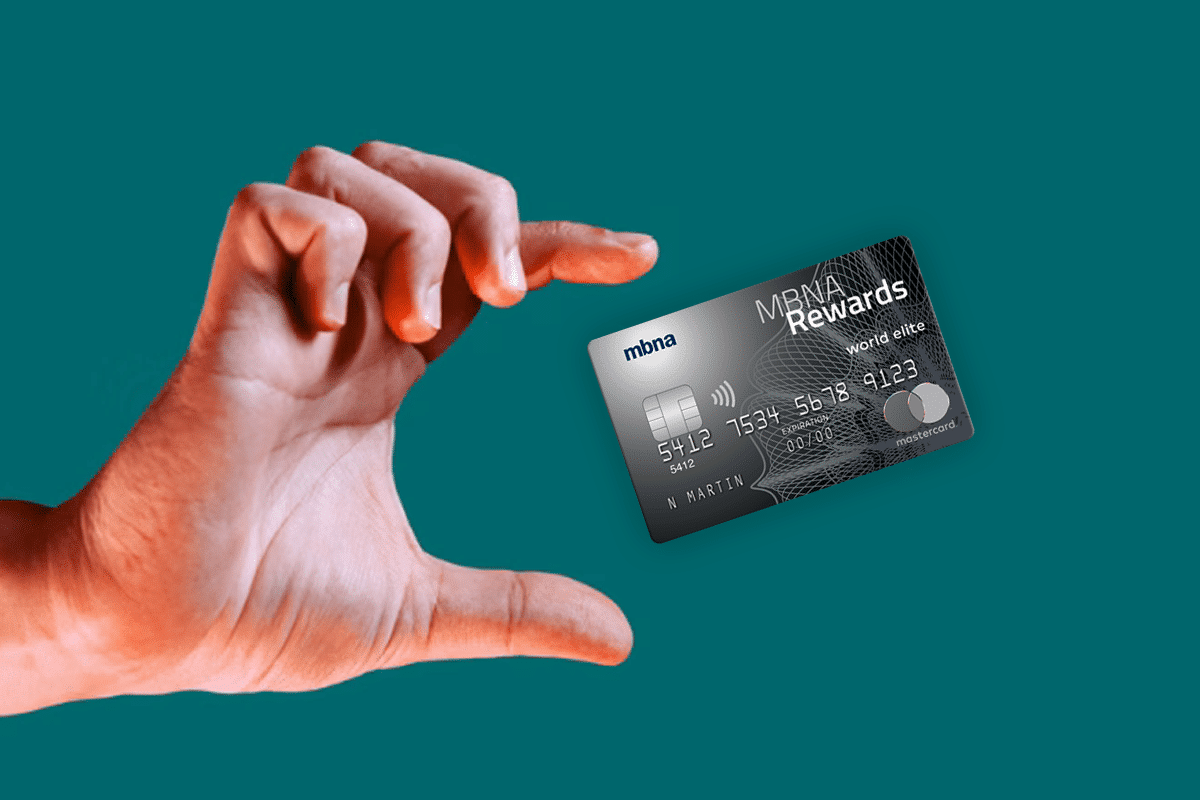How to Choose the Ideal Credit Card for Your Financial Needs in Canada

Understanding the Importance of Credit Card Choice
Choosing the right credit card can significantly impact your financial health. With a plethora of options available in Canada, it’s essential to understand what suits your unique needs. Each credit card comes with its own set of features that can either enhance your financial portfolio or lead to unnecessary expenses if not carefully considered. Here are some key factors to consider before making a decision:
Rewards and Benefits
Rewards and benefits are critical features to examine when selecting a credit card. Look for cards that offer rewards tailored to your spending habits. For instance, if you frequently travel, you might prefer travel rewards cards that accumulate points redeemable for flights, hotels, and travel-related expenses. On the other hand, if your daily spend primarily goes towards groceries and gas, a cash back card that offers a percentage back on these categories could be more beneficial. For example, the Scotia Momentum Visa offers 4% cash back on grocery purchases and 2% on gas, allowing those who spend heavily in these categories to earn significant rewards.
Interest Rates
Interest rates, often represented as the annual percentage rate (APR), are another vital consideration. If you plan on carrying a balance rather than paying it off in full each month, comparing APRs can save you money in the long run. A low-interest card, such as the Low Rate Platinum Mastercard, typically features an APR of around 12.99%, which can significantly reduce the costs associated with borrowing money on your credit card.
Fees
Fees can also impact your credit card experience substantially. Be aware of annual fees, foreign transaction fees, and any other potential charges that could eat into your benefits. For example, a card like the HSBC Cash Rewards Mastercard may have an annual fee of $25, but if you regularly earn cash back that exceeds this amount, the card is ultimately rewarding. Additionally, if you travel frequently outside of Canada, look for cards that waive foreign transaction fees, as these can add up quickly when shopping abroad.
Aligning Your Choice with Financial Goals
Understanding your financial goals is crucial when selecting a credit card. Whether your objective is to build credit, earn rewards, or manage expenses efficiently, aligning your choice with your financial strategy is vital. For example, a student might prioritize a no-fee card designed for building credit, while a frequent flyer would seek cards with lucrative travel rewards.
In the upcoming sections, we will explore various types of credit cards and their features to help you make an informed choice. From introductory offers to interest rates, you’ll find practical tips and comparisons aimed at navigating the Canadian credit card landscape confidently. By understanding these factors in depth, you can select a credit card that not only fits your lifestyle but also enhances your financial well-being.
DISCOVER MORE: Click here for an in-depth analysis
Evaluating Your Spending Habits
Before diving into the vast array of credit card options available in Canada, it’s essential to evaluate your spending habits. Understanding where your money goes each month will help you target cards that maximize your benefits. Start by reviewing your monthly expenses and categorizing them. Do you spend more on groceries, dining out, or travel? Are you often paying for subscriptions or utilities? By identifying your most frequent expenses, you can better match a credit card that offers rewards in those specific categories.
Monthly Expense Breakdown
Consider making a simple list of your monthly expenses to clarify your spending habits:
- Groceries: How much do you typically spend on food each month?
- Gas and Transportation: What are your monthly fuel expenses or public transit costs?
- Dining Out: How frequently do you eat at restaurants or order takeout?
- Travel: How often do you travel, and what related expenses do you incur?
- Online Subscriptions: What are your recurring expenses for services like streaming, music, or apps?
Types of Credit Cards Based on Spending
Each type of credit card is often designed with specific spending patterns in mind. Here are some common categories and how they align with various spending habits:
- Cash Back Cards: Ideal for everyday purchases. If your expenditures mainly consist of groceries, gas, and bills, a cash back card can provide a solid return on those purchases.
- Travel Rewards Cards: Best suited for those who travel frequently. These cards begin to pay off significantly if you can maximize points on flights, hotel stays, and travel-related expenses.
- Low-Interest Cards: A wise choice for individuals who may carry a balance month to month. If you foresee needing to finance larger purchases, look for cards with lower interest rates to minimize interest costs.
- No Interest for Introductory Period Cards: Consider cards that offer a 0% introductory APR for a set period. This can be beneficial for planned significant expenses that you intend to pay off promptly.
Understanding how these categories fit into your lifestyle will not only simplify your decision-making process but also ensure that the card you choose aligns with your financial goals. Being clear about your spending habits paves the way for selecting a card that brings maximum value, whether that be through rewards, lower interest rates, or additional perks.
Knowing what type of credit card you need based on your expenses will make it easier to compare options and help you avoid offers that may sound appealing but don’t serve your actual financial needs. Next, we will delve deeper into the specific benefits and features that can help you make a well-informed choice tailored to your situation.
DIVE DEEPER: Click here to learn how to apply effortlessly</p
Understanding Rewards, Fees, and Other Features
Once you’ve evaluated your spending habits, the next step in choosing the ideal credit card is to understand the various rewards, fees, and additional features that different cards offer. This phase is crucial as it ensures you select a card that not only suits your spending but also offers maximum value for your financial situation.
Rewards Programs
Many credit cards provide rewards for your spending habits, which can take various forms, including cash back, points redeemable for travel, or exclusive discounts. Pay careful attention to how these rewards accumulate:
- Cash Back: Cards with cash back typically offer a percentage of your spending returned as cash. For example, a card might provide 1.5% back on all purchases and 3% on groceries. If groceries are a significant part of your monthly spending, this can add up quickly.
- Point Systems: Travel rewards cards often use a points system where every dollar spent earns you a certain number of points. Different categories may earn different point rates. A card providing 2x points on travel might benefit frequent travelers, allowing for free flights, hotel stays, or even merchandise.
- Bonus Offers: Some cards provide enticing sign-up bonuses. For instance, earning 50,000 points after spending $3,000 in the first three months could be enough for a free flight. Make sure the required spending aligns well with your typical expenses to take advantage of these offers.
Annual Fees and Interest Rates
While many credit cards come with rewards, they may also have annual fees. Assess whether the potential rewards outweigh these costs based on your spending behavior:
- No-Fee Cards: Some credit cards do not charge an annual fee. These can be excellent options if you want to save money while still earning rewards or using a credit card for emergencies.
- Fee vs. Reward Analysis: If a card has a $150 annual fee, calculate whether you will earn enough rewards or cash back to cover this amount. If you earn 2% cash back and spend $10,000 a year, that equals $200, making the fee worth it.
- Interest Rates: Always pay attention to the annual percentage rate (APR). A card may offer high rewards but also come with a high-interest rate. If you’re likely to carry a balance, selecting a low-interest card can save you significant costs over time.
Additional Perks and Protections
Evaluate other features beyond rewards. Many credit cards offer valuable perks that can support your lifestyle:
- Travel Insurance: Some cards include travel insurance, covering trip cancellations, lost luggage, or emergency medical assistance. If you travel frequently, this could save you money and provide peace of mind.
- Purchase Protection: Look for cards offering purchase protection, covering the cost of stolen or damaged purchases. This feature can be invaluable for larger purchases like electronics or appliances.
- Rewards Expiration: Be mindful of how long rewards last. Some programs have expiration dates, meaning points or cash back may disappear if not used within a specific timeframe. Make sure you can realistically utilize the rewards you’re earning.
Understanding these components will allow you to evaluate potential credit cards more thoroughly, ensuring that you choose one that truly complements your financial life while offering substantial benefits. It turns the task of selecting the right credit card into a systematic approach rather than a mere glance at promotional offers.
DON’T MISS OUT: Click here for essential application tips
Conclusion
In conclusion, choosing the ideal credit card to fit your financial needs in Canada is a thoughtful process that demands careful consideration of several factors. By evaluating your spending habits, you can identify the types of rewards and benefits that align with your lifestyle. Whether it’s cash back or travel points, selecting the correct rewards program is essential to maximizing your return on spending.
Moreover, understanding the annual fees and interest rates associated with credit cards ensures that you make informed decisions. Weighing the costs against the benefits is crucial — a card with a fee may provide greater rewards than a no-fee option, depending on how you typically use your credit. Don’t forget to examine additional perks, such as travel insurance or purchase protection, which can enhance the overall value of your card even further.
Ultimately, the ideal credit card is one that not only matches your spending habits but also contributes positively to your financial well-being. It is important to conduct thorough research and possibly even consult with a financial advisor if necessary. Keep in mind that the right credit card can be a powerful tool in your financial arsenal, aiding in budgeting, saving, and earning rewards as you navigate your financial journey in Canada.


